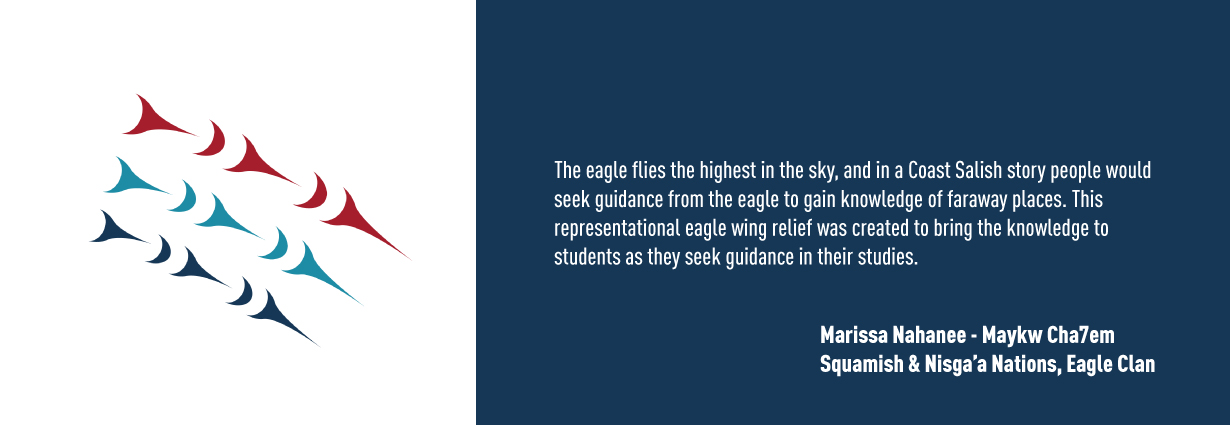
A Copy Editor’s Education in Indigenous Style Tara Campbell, The Tyee (January 17, 2020).
The copy editor from The Tyee shares her experience and learning on guidelines for editing and/or writing about Indigenous topics. She offers stylistic decisions the publication has made, and provides links to Indigenous style guides.
Gathering Knowledges to Inform Best Practices in Indigenous Publishing Rachel Taylor, Iñupiaq (2020).
"Indigenous community members--including Elders, storytellers, writers, poets, artists, scholars, activists, editors, and publishers--have worked for decades to increase Indigenous representation in publishing. They know that storytelling is at the core of Indigenous knowledge systems and ways of life. ... By conducting interviews, reading widely, and reflecting on my own experience, I gathered knowledge about some themes, subjects, and concerns that are repeatedly raised in discussions around publishing for and by Indigenous people."
Minecraft and Decolonisation: Empowering kids to build their future Rae Johnston, Wiradjuri (November 23, 2020).
In a Minecraft challenge children worked to create a "town, city, community or school using Indigenous science, technology, engineering, arts and math."
Network sovereignty : building the Internet across Indian Country Marisa Duarte, Pascua Yaqui Tribe (2017).
"Given the significance of information and communication technologies (ICTs) to social and political life, many U.S. tribes and Native organizations have created their own projects, from streaming radio to building networks to telecommunications advocacy. In Network Sovereignty, Marisa Duarte examines these ICT projects to explore the significance of information flows and information systems to Native sovereignty, and toward self-governance, self-determination, and decolonization." University of Washington Press
Record, (re)create : contemporary Coast Salish art from the Salish Weave Collection Toby Lawrence, lessLIE (Cowichan, Penelakut and Esquimalt Nations), India Young (2012).
"Curated by Mary Jo Hughes Drury Gallery The Salish Weave Collection, as part of the Victoria Collects exhibition, demonstrates that a passion for the art of our region can translate beyond amassing and decorating to sharing and educating."
Reflecting Aboriginality : informing the development of a terminology guide for journalists Jessica Michielin (Master of Journalism thesis, UBC, 2011)
"This study examines what information Canadian broadcast journalists need to report on Aboriginal issues more accurately. Specifically, the study addresses this larger question in the context of informing the development of the first national terminology guide on the coverage of Aboriginal issues by the Strategic Alliance of Broadcasters for Aboriginal Reflection (hereafter referred to as SABAR)." from chapter one.
Reverse shots : Indigenous film and media in an international context Wendy Gay Pearson and Susan Knabe, eds. (2015).
"The contributors to Reserse shots offer a unique scholarly perspective on current work in the world of Indigenous film and media. Chapters focus primarily on Canada, Australia, and New Zealand and cover areas as diverse as the use of digital technology in the creation of Aboriginal art, the healing effects of Native humour in First Nations documentaries, and the representation of the pre-colonial in films from Australia, Canada, and Norway." Wilfrid Laurier University Press
Transforming our practices : Indigenous art, pedagogies, and philosophies Christine Ballengee Morris and Kryssi Staikidis, eds. (2017).
"Indigenous and non-Indigenous authors explore Indigenous research methods, pedagogy, and contemporary art studio practices—providing a reference, a model, and a spiritual source for educators who wish to expand their knowledge about Native ways of knowing, artistic practices, and philosophies." Goodreads
We interrupt this program : Indigenous media tactics in Canadian culture Miranda J. Brady and John M.H. Kelly (2017).
"We Interrupt This Program tells the story of how Indigenous people are using media tactics in the realms of art, film, television, and journalism to rewrite Canada’s national narratives from Indigenous perspectives. ... Theoretically sophisticated and eminently readable, We Interrupt This Program reveals how seemingly unrelated acts by Indigenous activists across Canada are decolonizing our cultural institutions from within, one intervention at a time." UBC Press
